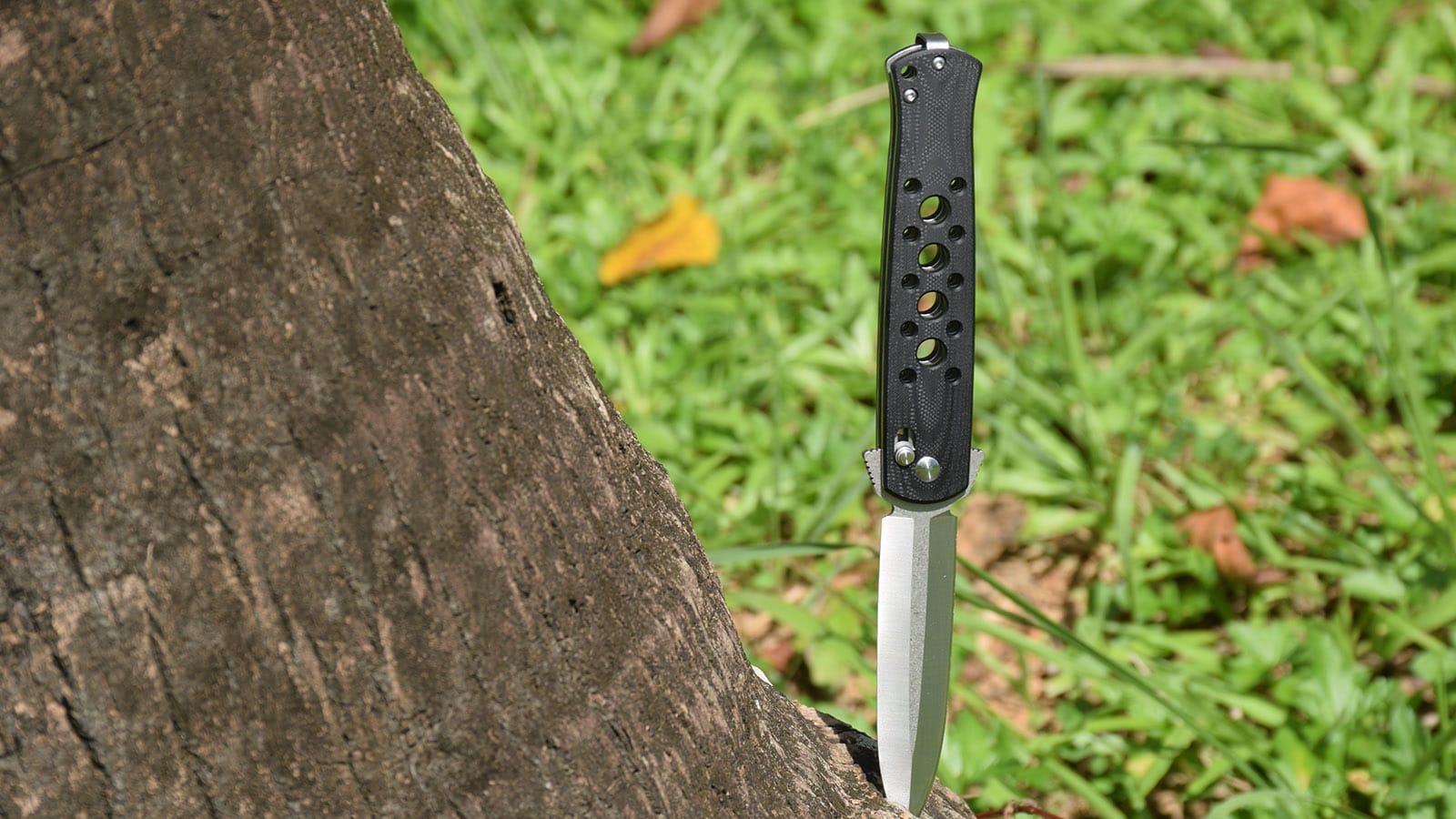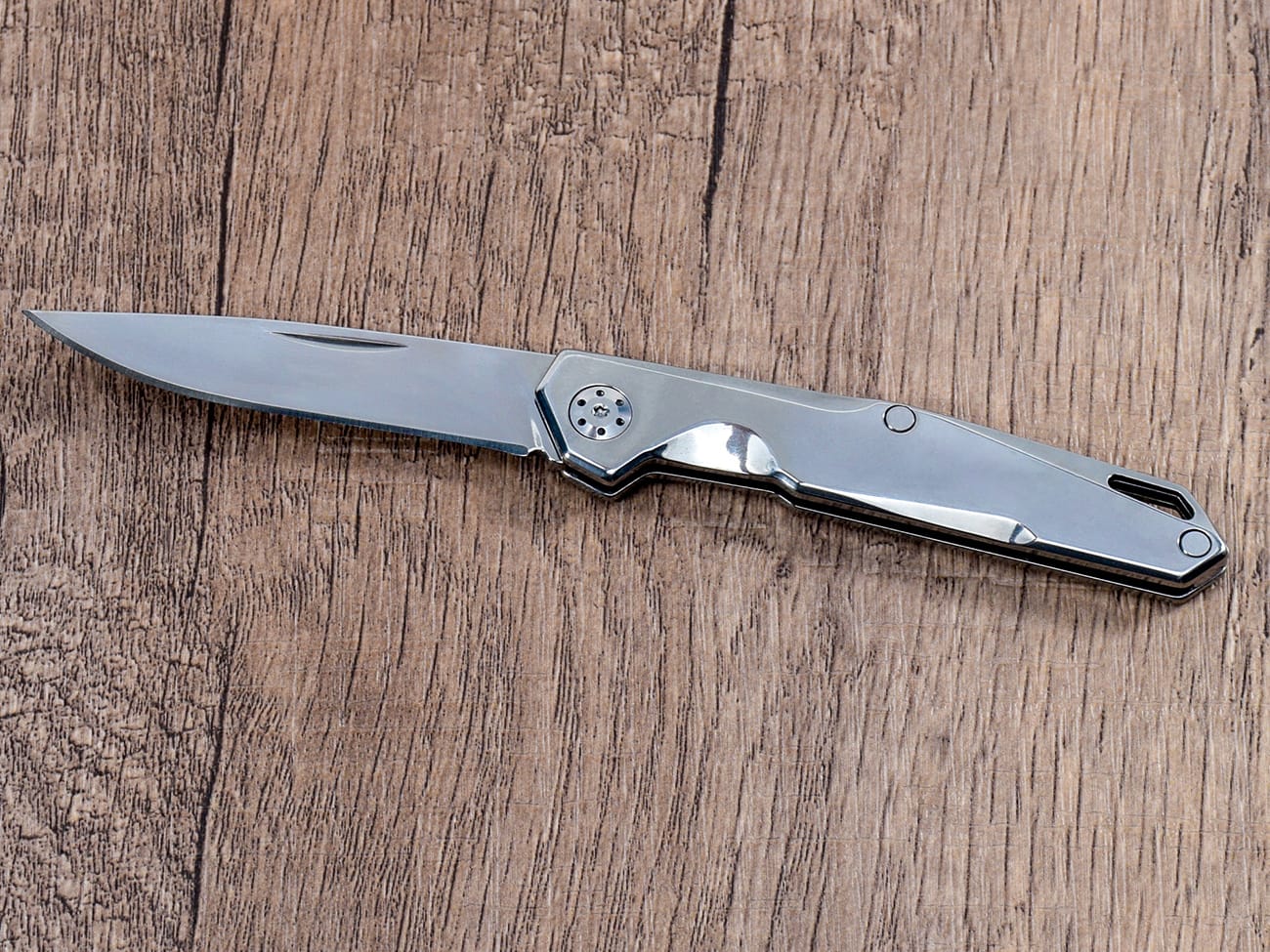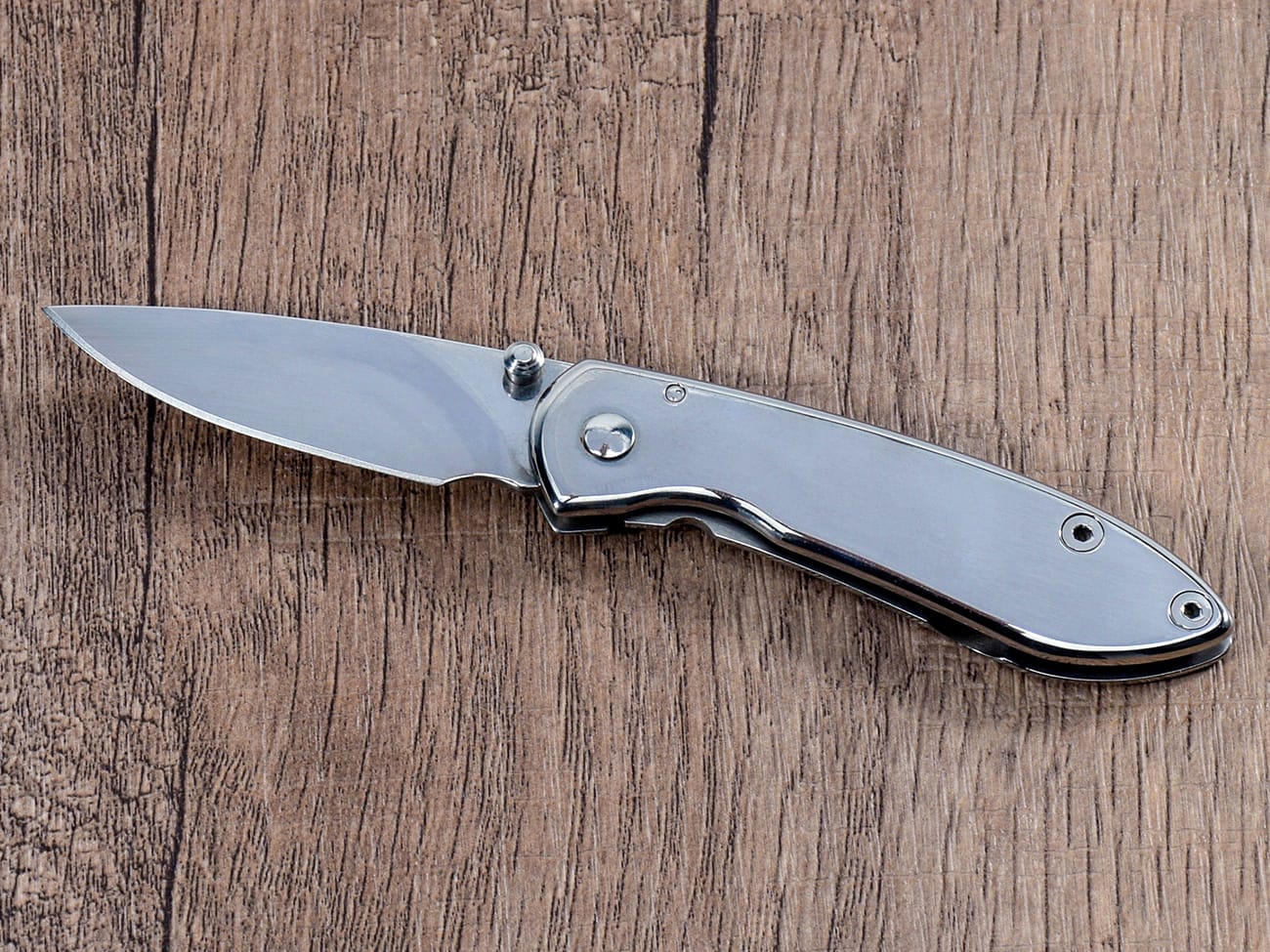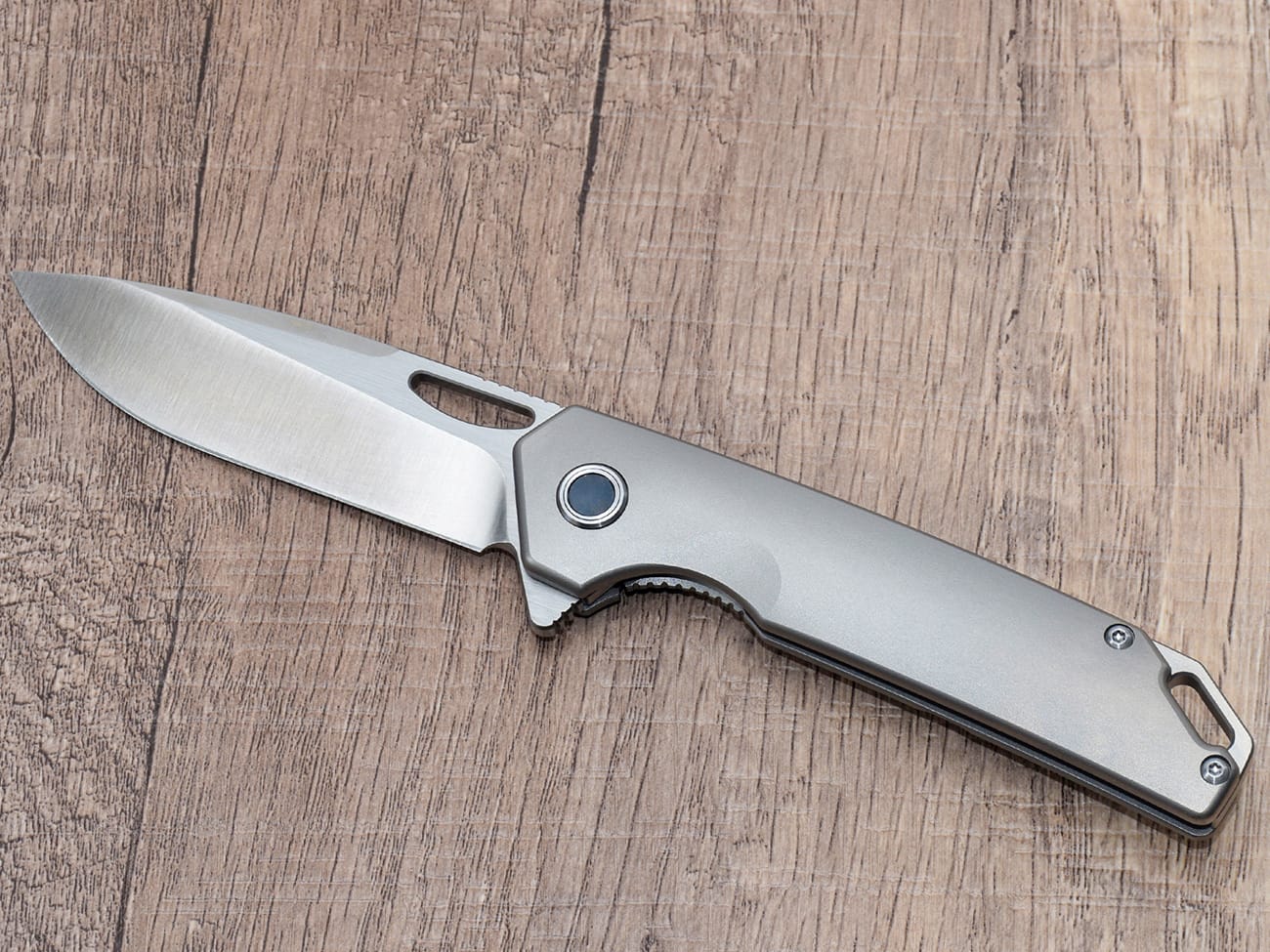Carrying a pocket knife in Canada can be a practical choice for many, whether for outdoor activities or everyday tasks. However, understanding the legal landscape surrounding knife ownership and carrying is crucial to avoid potential legal issues. This article explores the intricacies of Canadian knife laws, focusing on what is legal and what is not. Whether you’re a knife enthusiast or someone who simply wants to carry a pocket knife, this guide will help you navigate the legalities in Canada.
Table of Contents
1. What Are the Basics of Knife Laws in Canada?
Knife laws in Canada are governed by the Criminal Code, which outlines what constitutes a prohibited weapon. Understanding these laws is essential for anyone who owns or plans to carry a knife. The laws are designed to ensure public safety by regulating the types of knives that can be legally carried and used.
2. Are Folding Knives Legal in Canada?
Folding knives, including pocket knives, are generally legal in Canada. However, the legality depends on the knife’s design and intended use. A folding knife that opens with a flick of the wrist or centrifugal force may be considered illegal. It’s important to ensure that your folding knife does not fall into the category of prohibited weapons.
3. What Types of Knives Are Considered Prohibited Weapons?
Certain types of knives are classified as prohibited weapons under Canadian law. These include switchblades, butterfly knives, and gravity knives. These knives are often considered dangerous due to their ability to be easily concealed and quickly deployed. Understanding which knives are prohibited can help you avoid legal trouble.
4. How Does Blade Length Affect Knife Legality?
While Canadian law does not specify a maximum blade length for knives, the context in which a knife is carried can affect its legality. A knife with a blade that is considered too long for its intended use may be deemed illegal. It’s crucial to consider the purpose of carrying the knife and ensure it aligns with legal guidelines.
5. Can You Carry a Knife for Self-Defense?
Carrying a knife for self-defense is a grey area in Canadian law. While knives can be carried for lawful purposes, using a knife as a weapon or with the intent to use it as a weapon is illegal. It’s important to understand that self-defense is not a valid reason for carrying a knife in Canada.
6. What Are the Consequences of Carrying a Prohibited Knife?
Carrying a prohibited knife can result in severe legal repercussions, including fines, confiscation of the knife, and potential criminal charges. The consequences depend on the severity of the offense and the specific circumstances surrounding the knife’s possession.
7. How Do Local Laws Impact Knife Carrying?
In addition to federal laws, local laws can impose further restrictions on knife carrying. Different provinces and municipalities may have specific regulations, so it’s important to be aware of local laws, especially when traveling within Canada.
8. What Role Does the Canada Border Services Agency (CBSA) Play?
The CBSA plays a crucial role in enforcing knife laws at the border. Knives that are considered prohibited weapons may be confiscated at the border. It’s important to understand the CBSA’s regulations to avoid issues when bringing knives into Canada.
9. How Can You Ensure Compliance with Canadian Knife Laws?
Staying informed about Canadian knife laws is essential for compliance. Regularly check for updates to laws and consider consulting legal resources or professionals if you have questions. Being proactive can help you avoid legal issues and ensure you can carry your pocket knife legally.
10. What Are Some Common Misconceptions About Knife Laws in Canada?
There are many misconceptions about knife laws in Canada, such as the belief that all knives are illegal to carry. Understanding the nuances of the law can help dispel these myths and ensure you are informed about what is legal and what is not.

Image: A folding knife with a G10 handle and pocket clip.
Key Takeaways
- Understand Knife Types: Know which types of knives are considered prohibited weapons.
- Check Blade Functionality: Ensure your folding knife does not open with a flick of the wrist.
- Know the Law: Familiarize yourself with both federal and local knife laws.
- Stay Updated: Regularly check for updates to knife laws in Canada.
- Consult Experts: Seek legal advice if you have questions about knife legality.
For more information on pocket knives, visit Pocket Knife, Folding Knife, and EDC Knife.




